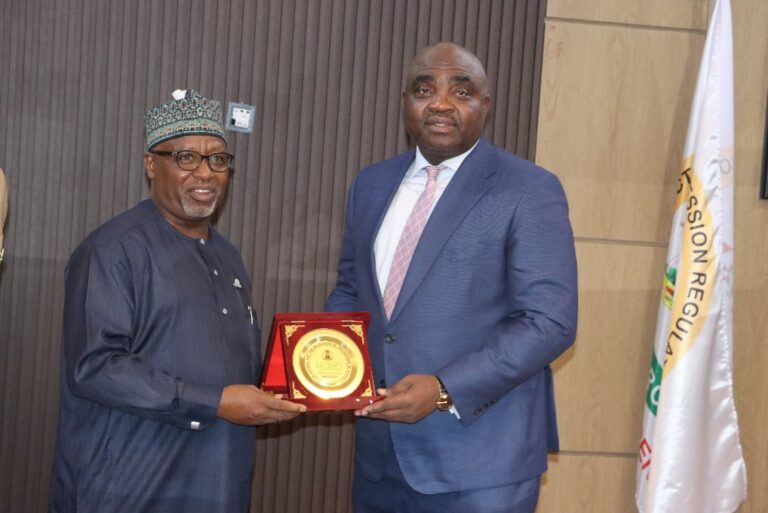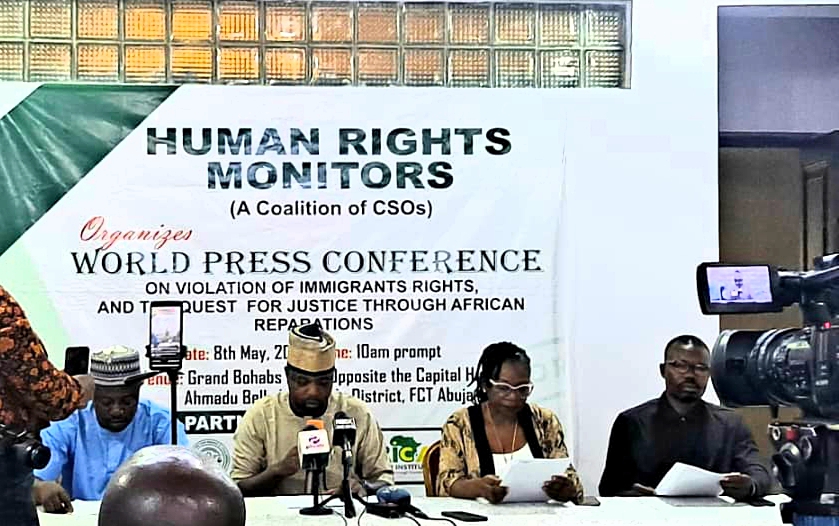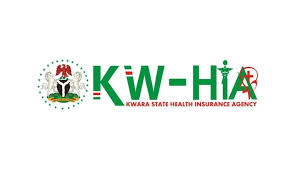COREN, ICRC partner to enforce engineering regulations in PPP projects
By Angela Atabo
The Infrastructure Concession Regulatory Commission (ICRC) and the Council for the Regulation of Engineering in Nigeria (COREN) are partnering to enforce engineering regulations in Public-Private Partnership (PPP) projects in Nigeria.
The Director-General of the ICRC, Dr Jobson Ewalefoh, said this when a delegation of the Council led by its President, Prof. Sadiq Abubakar, paid him a courtesy visit in Abuja on Thursday.
Ewalefoh said that the ICRC was established to superintend and regulate PPP endeavours of the Federal Government.
He said the ICRC’s mandate aimed to address the country’s physical infrastructure deficit, which had hampered economic development.
He added that henceforth, the commission would make it mandatory for all engineers in the PPP projects to conform to COREN’s regulations.
The director-general, who described engineering as an integral part of infrastructure development, said he would ensure that ICRC’s mandate build strong collaborations with agencies like COREN.
“In the overall aspect, the development of Nigeria will be based on quality and resilient engineering, which is a key focus of ICRC.
“ICRC has a strong belief in quality and resilient engineering, to make sure that whatever shocks we have, that infrastructure will remain strong and resilient to whatever shocks that we may have.
“We need COREN to always be there for us. We need COREN to regulate the building industry in Nigeria and look at various sectors of our economy, because engineering is the art of development in every aspect.
“So, we will take it as part of our criteria to ensure that we have engineers involved in infrastructure projects to have a valid yearly licence,” the ICRC boss said.
According to him, the commission will not hesitate to collaborate with COREN and support it in all its mandates, because they are partners in the area of infrastructure development.
He frowned at child labour at construction sites and urged COREN to look into such acts and address them.
The director-general also urged COREN to revamp and implement the building codes to meet global best practice.
He also assured COREN of ICRC’s support in ensuring that it acquired its head office through public-private partnership.
COREN, according to the D-G, deserves a befitting and world class engineering head office.
Earlier, the President of COREN, Prof. Sadiq Abubakar, described COREN as a statutory body, set up by the Federal Government with the mandate to regulate the practice of engineering in all aspects and ramifications.
Abubakar attributed the inability of the council in carrying out its mandate to lack of funding by the government, adding that this undermines the enforcement of engineering regulations.
“We are defunded. That is another subject for debate. How government wants us to regulate engineering without funding or investigate infractions, investigate the failures of infrastructure without funding.
“How does government expect us to police the expatriates who are taking the fortune of our citizens all over the country, when we are not funded,’’ he queried.
Abubakar explained that COREN was working in 11 major sectors and had also activated its inspectors in the area of mining.
“Some sectors like the NIMASA, FCDA and NCC were yet to key in, and COREN is unhappy with the happenings in the energy and power sectors, in terms of the incessant failure of national grid, as engineers are not carried along.
“COREN has discovered that the TCN is in charge of all the processes, as it designs, install, maintain and repair, when gird falls. That is completely wrong. Nobody investigates independently.
According to him, all these are sectorial regulations that are supposed to work under COREN’s supervision.
“ICRC is also one of the key stakeholders we have identified because in any of those sectors, if we have an infrastructural problem, definitely it would be involved.
“So, we want to see how we can work closely with you in that respect, to establish better synergy and regulations,” he stated.
Abubakar also sought the ICRC’s support in building COREN’s headquarters through PPP approach. (NAN)(www.nannews.ng)
Edited by Chinyere Nwachukwu/Deji Abdulwahab














